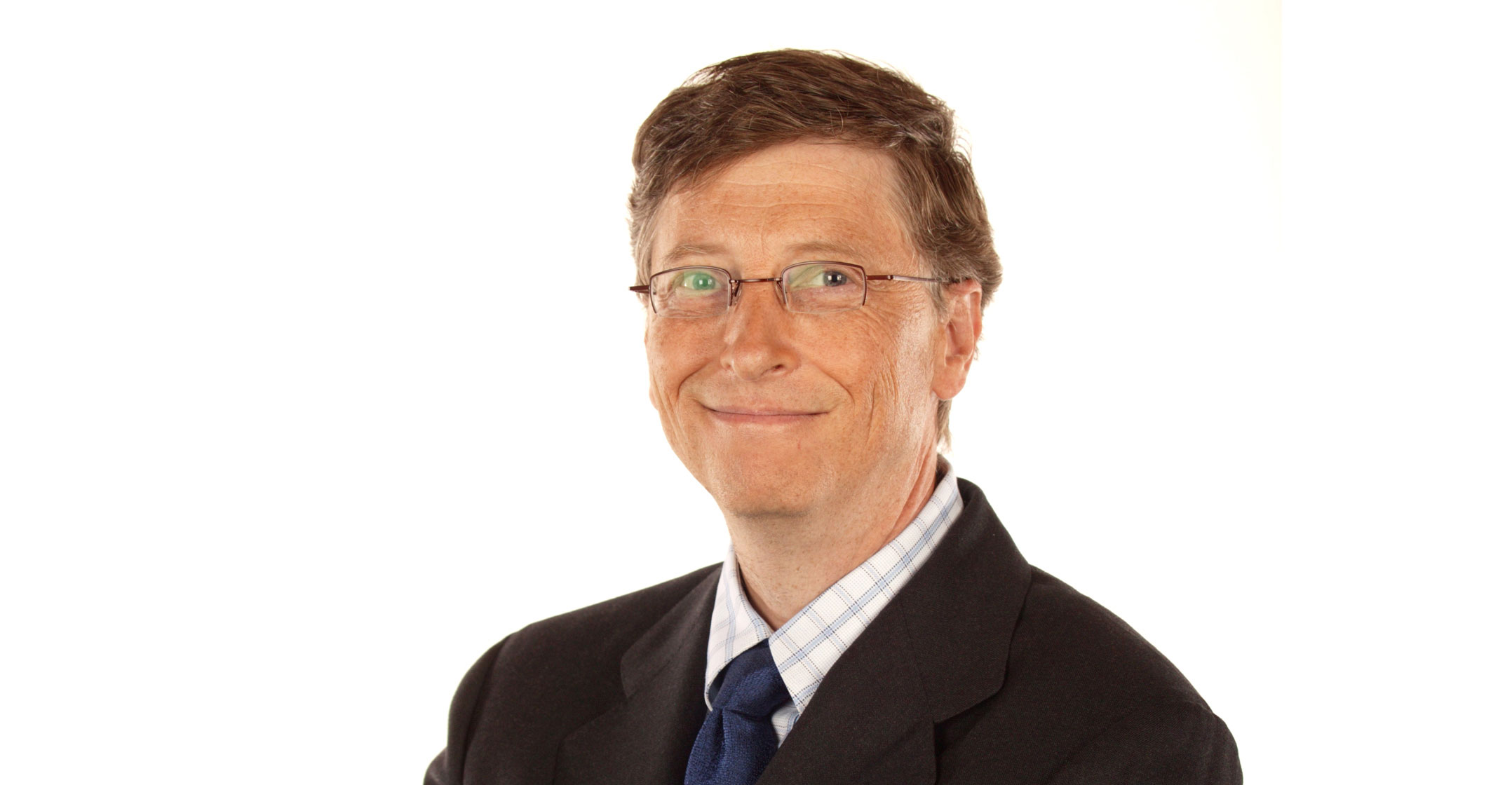
Late on Friday, co-founder and original CEO Bill Gates, the man most closely identified with Microsoft, said he will leave the company’s board to devote more time to his charitable foundation, which is is playing a key role in global health initiatives and expanding into new areas like climate change.
Gates will remain as a technical adviser to the company, helping to guide CEO Satya Nadella and senior leadership on issues like the future of productivity software, health-care technology and artificial intelligence.
“I think it just says, ‘We’ve turned the page, we have completed our transition,’” said Merv Adrian, a vice president at research firm Gartner, who has followed Microsoft closely for decades. “This feels like a graceful transition over several years. Now they feel that their work is done, and it’s time to go on.”
While the work may never be entirely done, the company that helped pioneer personal computing is on more solid footing now than it has been in years — and is a radically different organisation than it was when Gates ran the show. Since Nadella took over in 2014, Microsoft has focused on cloud computing, or providing software and services over the Internet, as growth evaporated in the PC market. Microsoft has posted revenue growth of 14% for the past two fiscal years, and has evolved in its relationships with rivals and regulators. Even after steep stock declines in recent weeks along with the rest of the market amid the Covid-19 pandemic, Microsoft still has a market capitalisation of more than US$1.2-trillion.
In many ways, the only concrete change is that Gates will skip the procedural work of being on the board. But symbolically, the severing of Microsoft’s final major tie to its founding story is a deeply significant moment for a company that has been reinventing itself over the past five years. The Microsoft Nadella oversees is a markedly different kind of company, in terms of both products and cultures, than the one Gates built.
‘A different era’
“Today’s Microsoft is a reflection of Satya, with Bill’s career as a foundation. It is a different era,” said Jeff Raikes, a 27-year Microsoft veteran — he and his wife Tricia were the first couple to meet and marry at Microsoft. “I mean that not just in terms of leadership. I mean it in terms of culture. Satya never tried to be the smartest guy in the room. He tried to be the the most intellectually curious guy in the room.”
Raikes, who also served as CEO of the Bill & Melinda Gates Foundation, said Gates is “maniacally focused”, so it’s not surprising he wants to turn that singular energy to his philanthropy now.
Gates co-founded the company with a high school buddy, the late Paul Allen, in 1975. He took on operational leadership as the company grew, emerging as a larger-than-life figure who became the youthful face of a revolution around software for the new computers taking up residence in homes and offices. His pushiness and business savvy helped Microsoft provide the operating system for the initial IBM PC, and then retain ownership of the software so that Microsoft was free to strike deals with all other PC makers, giving it control of the new market for that kind of program. Later, Gates parlayed software development and some smart acquisitions into dominance of the field for office-productivity software.

Inside Microsoft, he was a leader both feared and admired. Executives approached his product reviews with terror, fearing a profanity-laced denunciation of their ideas as the “stupidest (expletive) thing I’ve ever heard”, followed by elation if Gates validated their plans. Company leaders aped his aggressive management style and sometimes even unconsciously mimicked his tendency to rock back and forth in meetings. For decades, until Gates stepped down as CEO in 2000, the company’s approach mirrored that of its leader, including a confrontational competitive style that put it in the sights of antitrust regulators.
Even after he turned the CEO role over to Steve Ballmer, the company’s 30th employee and a Harvard University friend, Gates had trouble stepping back, retaining the role of chairman and adding the title of chief software architect. He and Ballmer later detailed how they’d fought over who was in control of certain decisions and struggled to make the relationship work. In 2008, Gates stepped back from day-to-day work at Microsoft. In 2014, when Nadella was named CEO, Gates turned over the chairman role to John Thompson.
Now Gates will relinquish his last major title at Microsoft.
“It is significant in a symbolic way in that he’s transitioning from his final formal role,” Raikes said, “but in many ways Microsoft will always reflect Bill Gates in its passion for technology and what it can do for people.”
While the discussions around this change were likely taking place over months, the timing of the announcement in the middle of the Covid-19 pandemic underscored what is at stake in the field of public health, where Gates has chosen to devote all of his time, said Matt McIlwain, MD at Madrona Venture Group. The Gates Foundation has been at the forefront of work on easier and more accessible testing for the new virus over the past week.
“It’s a very poignant time that it worked out that his announcement coincided with the need for those big nonprofits, especially the ones belonging to those who made their fortunes in tech, to come together to make a difference,” he said. — Reported by Dina Bass, with assistance from Matt Day, (c) 2020 Bloomberg LP

